| "In much the same way that punk rock was a lightning
rod for militant, culturally disaffected kids in the mid-1970s, the folk
boom of the 1960s attracted angry young men a decade earlier. Fired up by
the Luddite rhetoric that would later inspire punks, new folk attempted
to re-forge a music that spoke directly to the ordinary working man in the
bedlam of the industrial age; a music that did away with the star system,
that was emotionally honest and - most importantly - saw its lineage as
stemming directly from its own backyard. Unlike The Stones and their ilk,
salivating over the latest US blues imports, musicians such as bassist Ashley
Hutchings, guitarist Richard Thompson and vocalist Sandy Denny looked to
the pubs and villages of old England for the authentic voice of the underclass,
tapping into a rich tradition of romantic balladry. Fairport Convention's
masterful 1969 recording Liege And Lief was new electric folk's first real
breakthrough. It is still an incredible document, where extended, epic jamming
(with obvious nods to the sprawling west coast psychedelia of Jefferson
Airplane in Thompson's absolutely stellar fretwork) meets with frail English
traditionals, all lit up with plenty of magical midnight air thanks to Denny's
bewitchingly beautiful vocals. While their raucous demolitions of folk standards
such as Matty Groves and Tam Lin are uniformly exhilarating, it is Thompson's
Farewell, Farewell that really steals the show. It may just be the most
heartbreaking song of remembrance ever written." |
| by Bruce Eder & Richie Unterberger
For their fourth album, Fairport Convention released what is regarded
by many as not only the best record in their history but also one of the
seminal English folk-rock albums of all time. This was also the album
that marked the transformation of the group from, essentially, a rock
band that utilized folk music (in tandem with modern singer/songwriter
material) as a source for part of their sound, and an inspiration for
their own songwriting, into a group specializing in reinterpreting traditional
English songs. There's only one original number here, the soaring "Come
All Ye," the rest being adaptations of old English folk songs; at
the time, however, very few groups were doing this with any success, or
mixing acoustic and electric sounds quite as adeptly, with the result
that Liege and Lief was practically a consciousness-raising album for
a lot of listeners. "Farewell Farewell," "Matty Groves,"
"Reynardine," and "Tam-Lin" were highlights of an
LP filled with gems in this style, ornamented with gorgeous harmonies
and striking instrumental virtuosity. Sadly, this lineup was in the process
of splitting up virtually as the record was being made -- after Sandy
Denny's and Ashley Hutchings' exits, it would be remembered with a tone
of nostalgia that was somewhat unfair to the equally impressive lineup
that followed.
The 2002 CD reissue adds a previously unreleased version of "Sir
Patrick Spens" with Sandy Denny on lead vocals (she was out of the
band when the version that appears on Full House was recorded) and a previously
unreleased cover of Richard Fariña's "Quiet Joys of Brotherhood."
(Although take 4 of "Quiet Joys of Brotherhood" was released
on the Sandy Denny box Who Knows Where the Time Goes, this version is
the previously unavailable take 1.) It also has new liner notes by both
Ashley Hutchings and producer Joe Boyd.
|
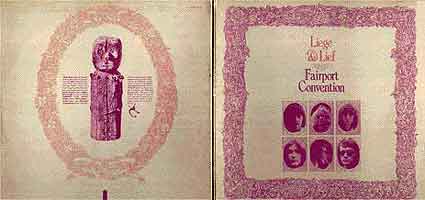 auf erweiterter Jahresliste
auf erweiterter Jahresliste  Plattentipp
Plattentipp 


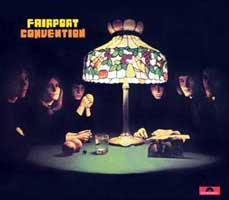
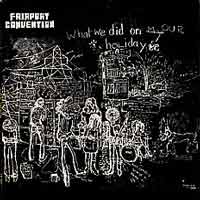
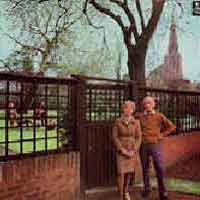
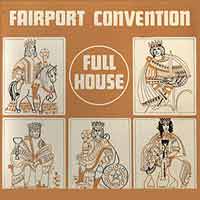
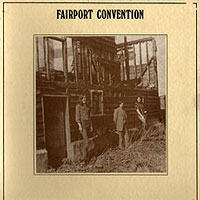
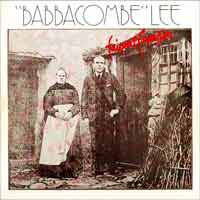
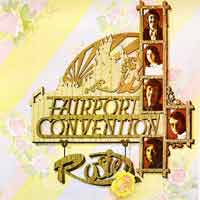
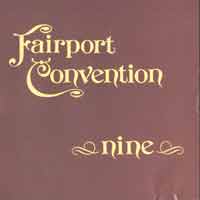
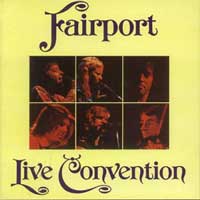
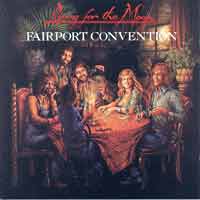
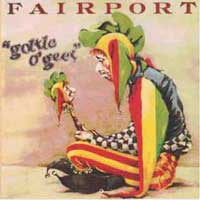
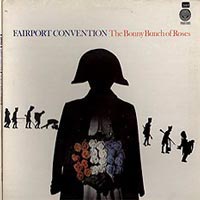
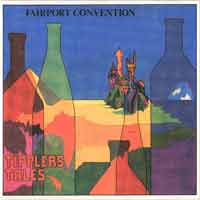
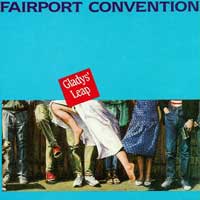
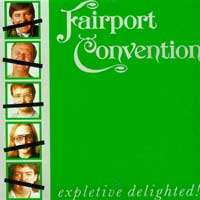
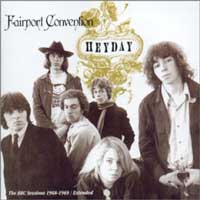
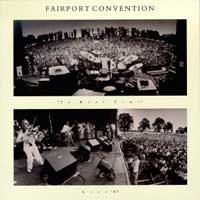
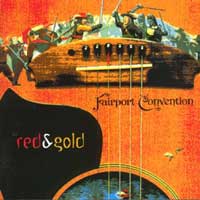
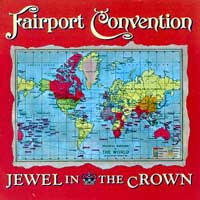
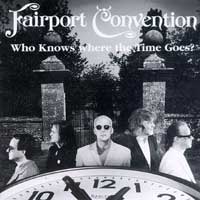
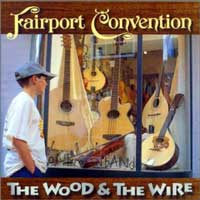
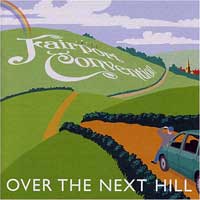


 #254 Virgin/Colin Larkin(2000)
#254 Virgin/Colin Larkin(2000)
 #3 Rookie(2013)
#3 Rookie(2013) eins von 1001 Alben, die Ihr hören solltet, bevor das Leben vorbei ist! (2008)
eins von 1001 Alben, die Ihr hören solltet, bevor das Leben vorbei ist! (2008) eins von 100 Insel-Alben von Günter Ramsauer (1961-2002)
eins von 100 Insel-Alben von Günter Ramsauer (1961-2002)  Fairport Convention
Fairport Convention 